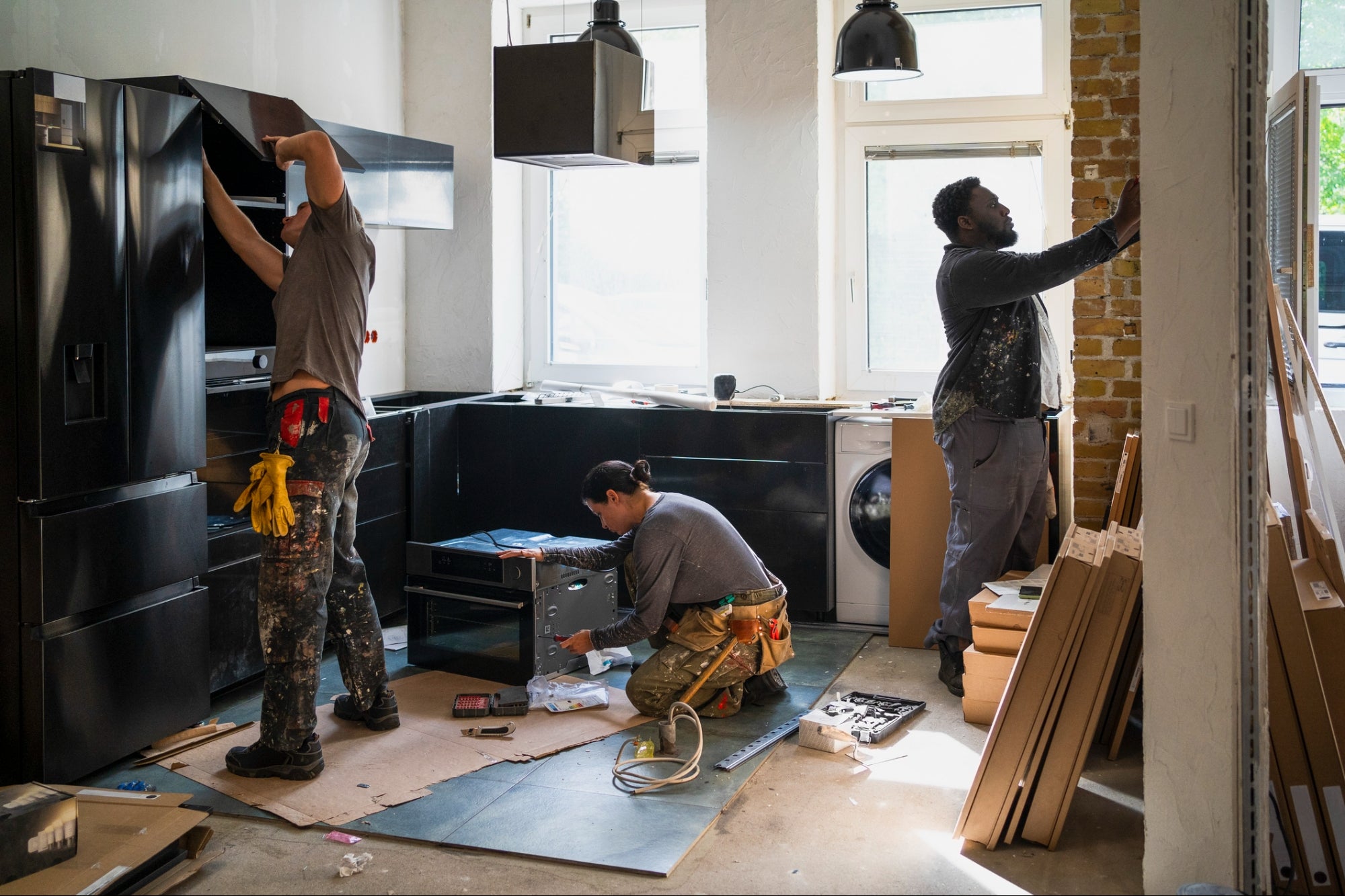Apple's Battery Apology Could Be Its Most Important Ever It may be the most far-reaching apology Apple has had to make, and it could change the way the company does business.
By Matt Weinberger •

This story originally appeared on Business Insider

Apple's apology on Thursday was an extraordinary move for the company.
The iPhone maker just doesn't say "I'm sorry" very often, so any apology at all is unusual. But even by other standards, the statement it issued regarding the slowing of iPhones with older batteries was an uncommon one -- and it could have important implications.
Apple isn't apologizing for a hardware flaw, as it did with the Antennagate controversy that plagued the iPhone 4. And it's not apologizing for lackluster software, as it did in 2012 when the launch of Apple Maps was a fiasco.
No, Apple is apologizing for one of its decisions. What Apple is apologizing for isn't a bug; it's a feature.
Now that it's been caught, Apple has basically been cornered into making the consumer-friendly moves it should have made in the first place. For the next 12 months, it will replace the batteries in customers' iPhones for $29 each instead of the previous charge of $79. And its iOS operating system will get new features that will allow users to monitor the health of their batteries.
But more important than those particulars, the apology could fundamentally change a key piece of how Apple does business.
iPhone 'glitches' could have been fixed by swapping the battery.
Many iPhone owners have upgraded their device because their older phone had gotten slow and buggy. Now, we know that in at least some cases -- at least in the past year -- merely swapping the battery could have fixed the problem, rendering it unnecessary to buy a new phone.
Did Apple purposely keep the battery-performance slowdown a secret to drive sales? Apple says no, that it was just trying to prevent phones from shutting down. You can read its apology and decide whether that's credible. Either way, what matters is that Apple knew what it was doing and users didn't.
Now, having apologized, Apple is committed to giving users the information they need to decide whether to upgrade their phone or whether they can just get by with replacing their battery. I know at least one iPhone user who -- after Apple's statement -- now intends to swap batteries rather than buying a new device.
This apology will be felt for years to come.
This incident -- and Apple's response to it -- stands apart from past scandals. Antennagate -- which involved the iPhone 4's antenna losing signal strength when the phone was gripped a certain way -- faded away after Apple offered customers a free plastic shell for the phone that was supposed to address the problem and after it fixed the design flaw on the next model. In response to the Maps controversy, Apple has slowly but steadily improved its navigation app so that it's no longer a huge embarrassment and is no longer the focus of customer ire.
But the implications of Apple's decision to add a battery-monitoring feature to iOS are likely to endure. This information will be available on iPhones and iPads, for both current models and, presumably, future ones. Every up-to-date iPhone will carry the result of this apology from Apple for years to come. Apple can't back down -- it has already essentially acknowledged that it made a mistake.
And yet, this whole battery-slowdown snafu could have a silver lining for the company. Assuming that the data the battery-monitoring feature shares is helpful and that the battery-replacement program goes off without a hitch, Apple customers will be better informed and have better-functioning iPhones.
Sure, Apple most likely lost some goodwill. But Apple's previous fiascos show the company has a way of bouncing back. Maybe this will serve as a positive lesson to Apple about the value of openness and transparency -- things it has long lacked.
Or, as Steve Jobs put it when he apologized for Antennagate: "So we do all this because we love our users. And when we fall short -- which we do sometimes -- we try harder. We pick ourselves up, we figure out what's wrong, and we try harder. And when we succeed, they reward us by staying our users, and that makes it all worth it."











